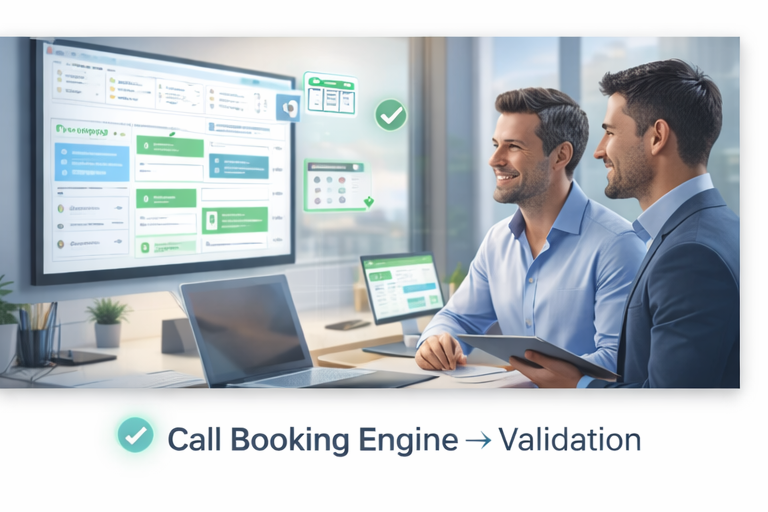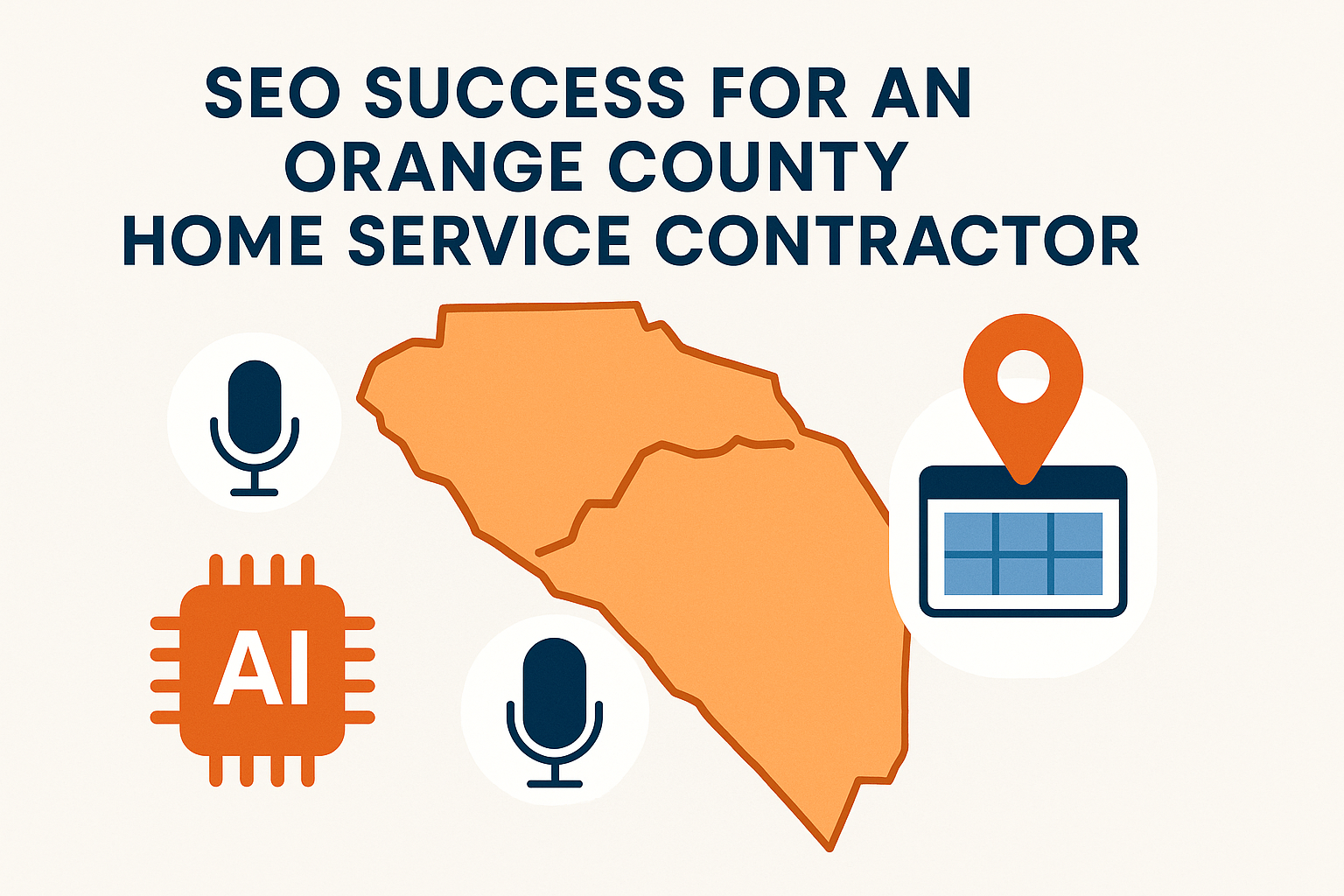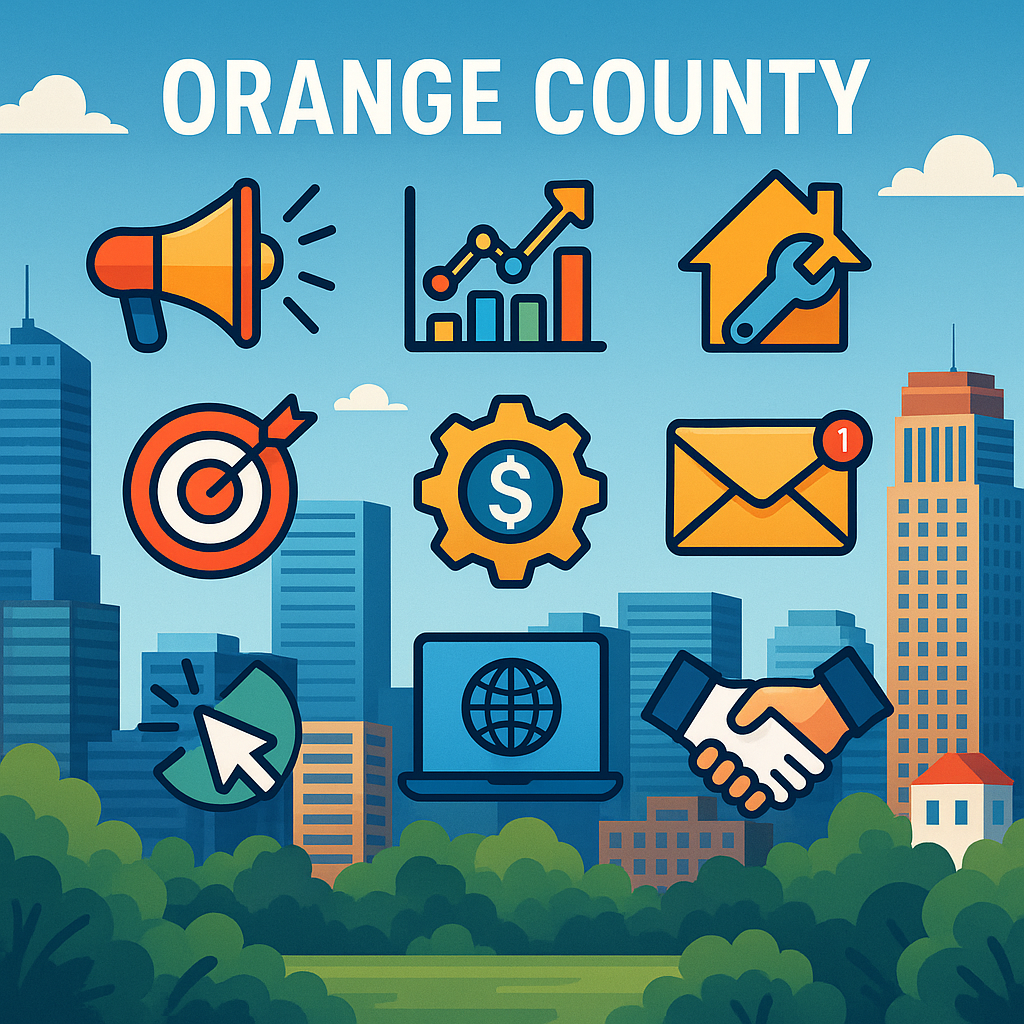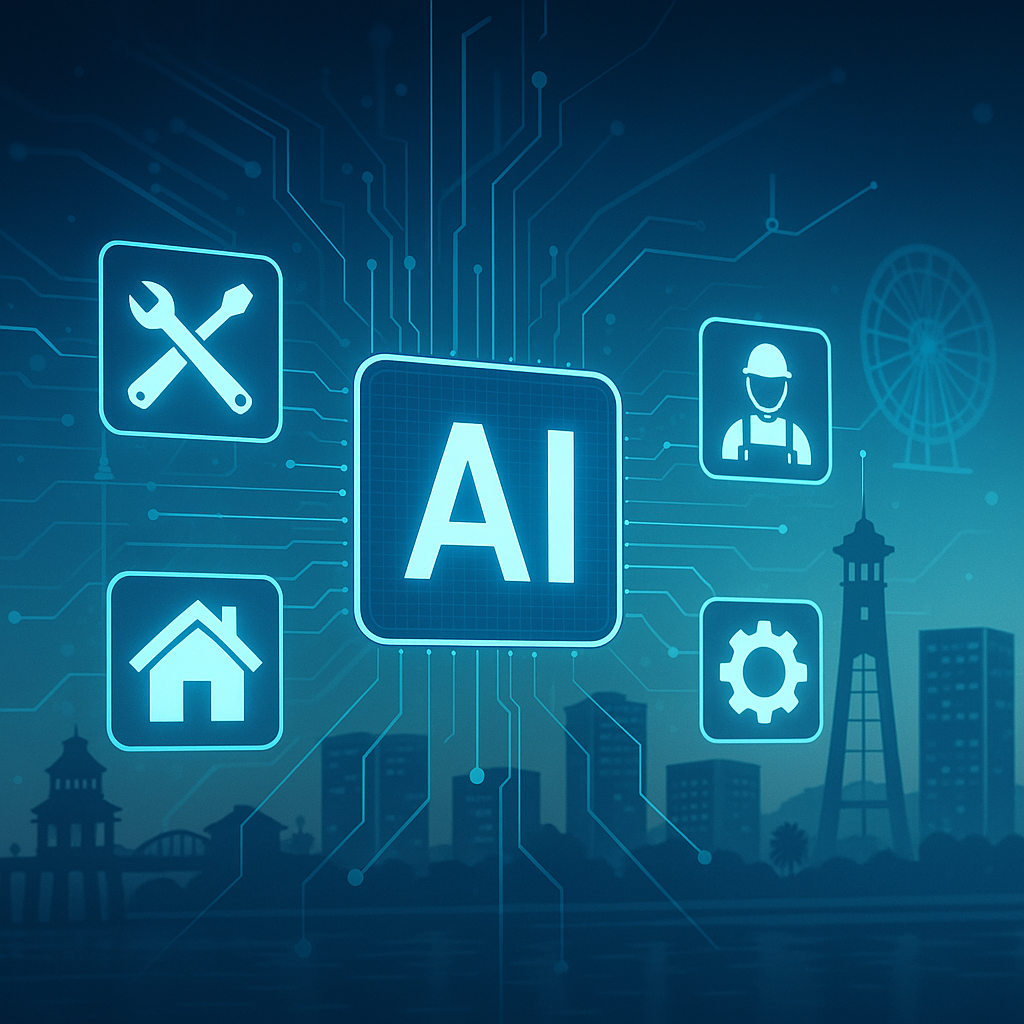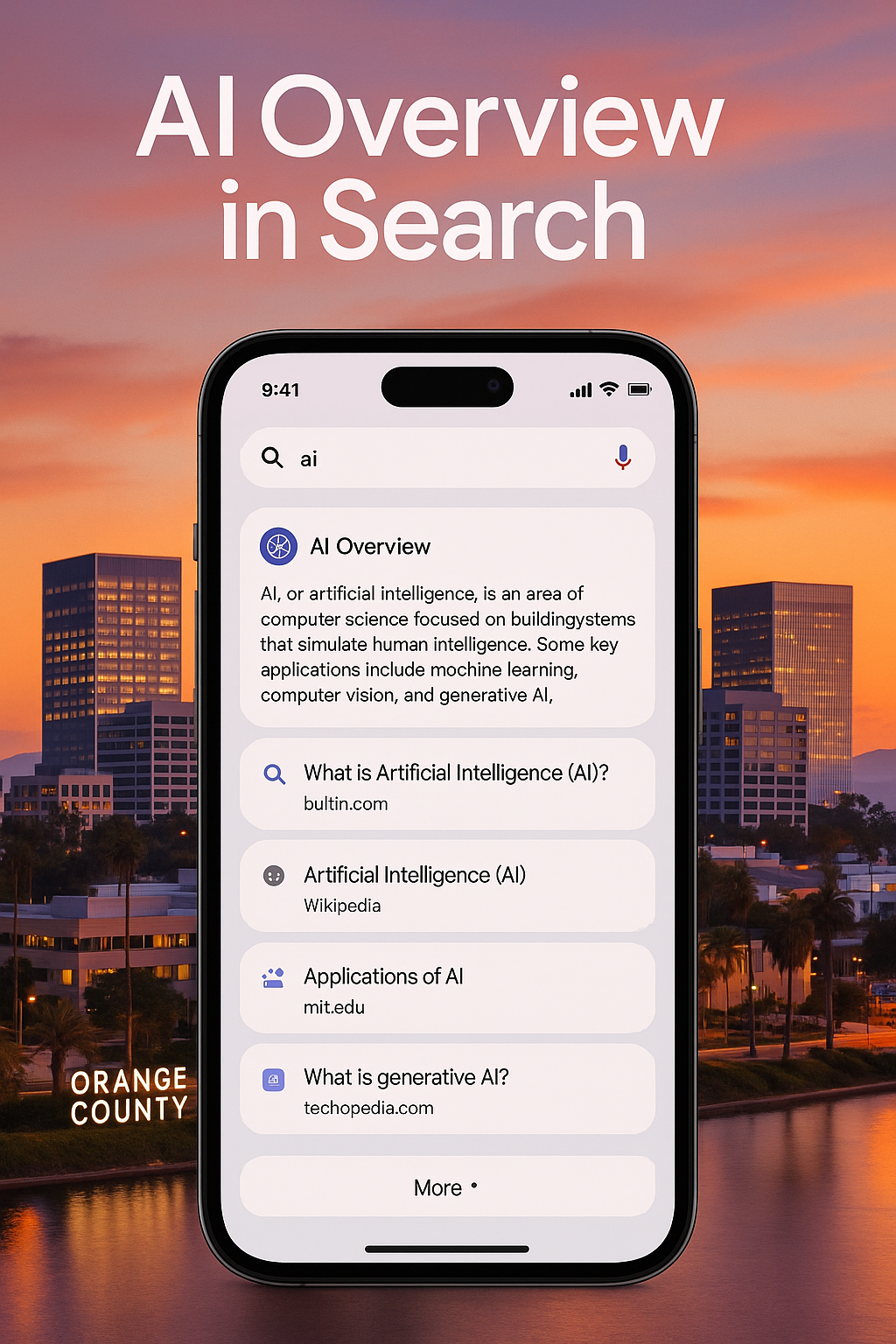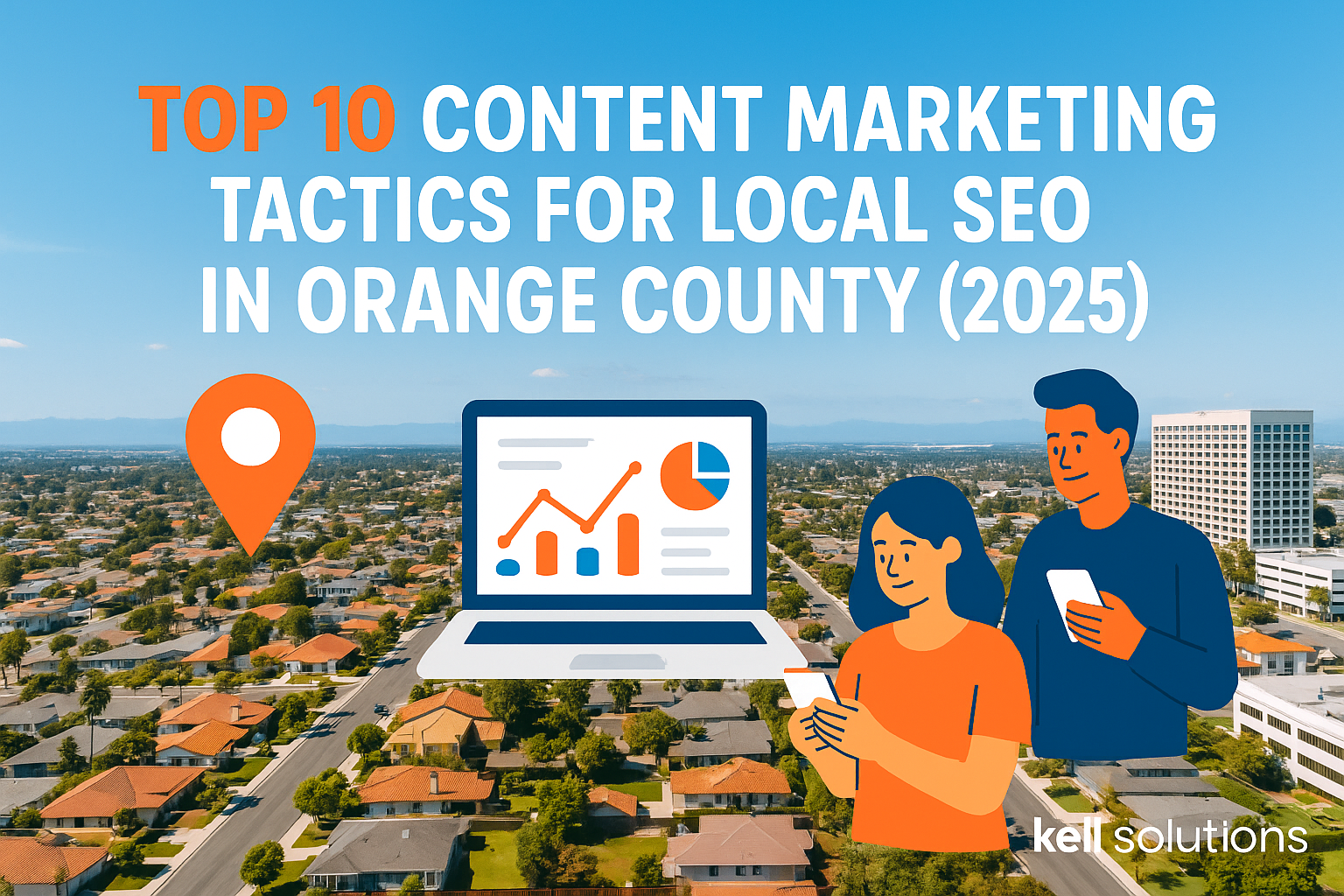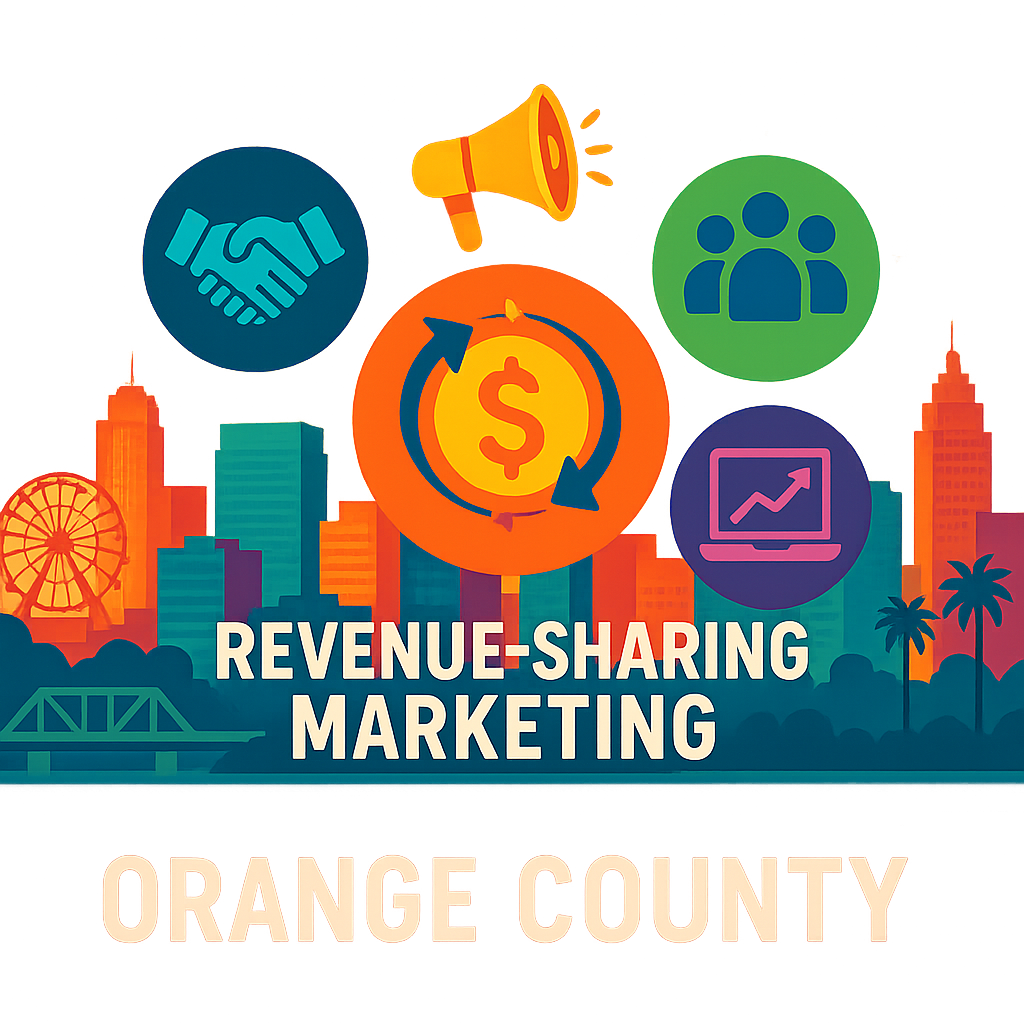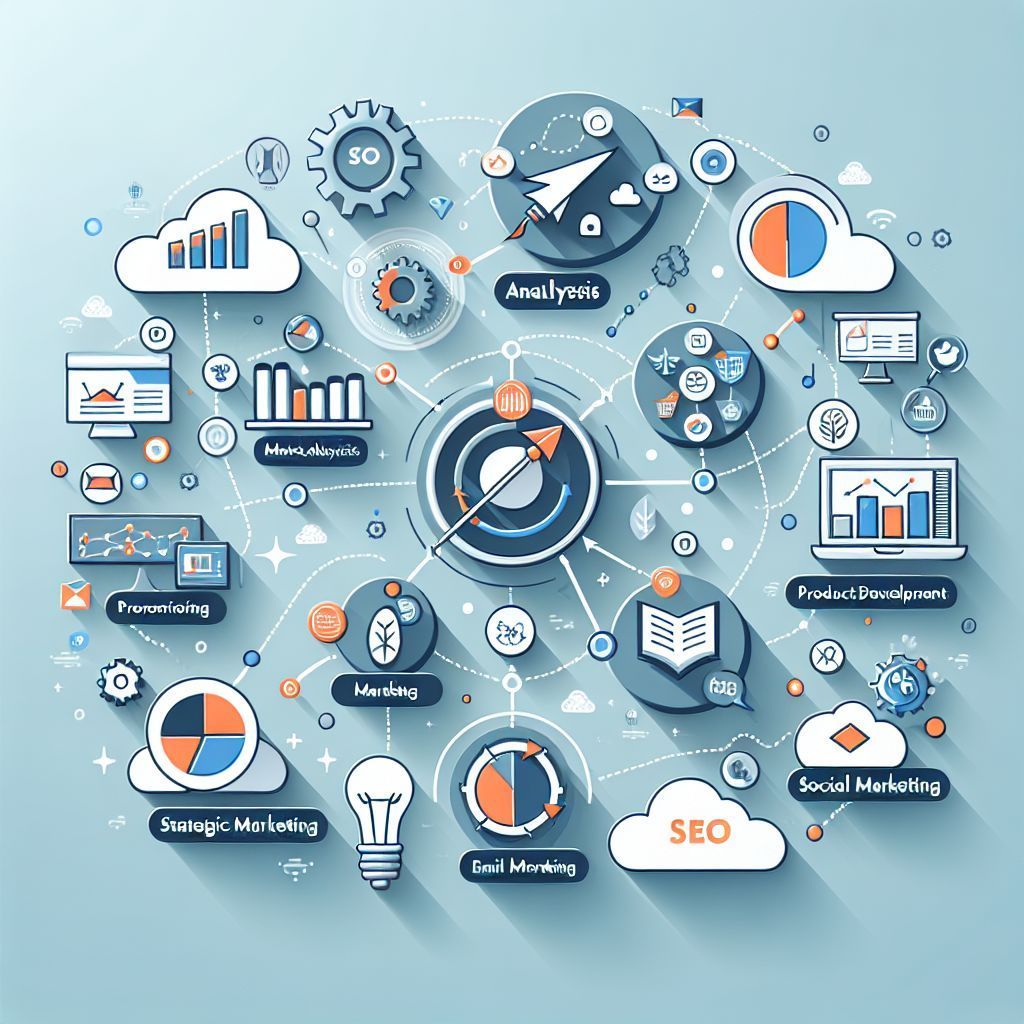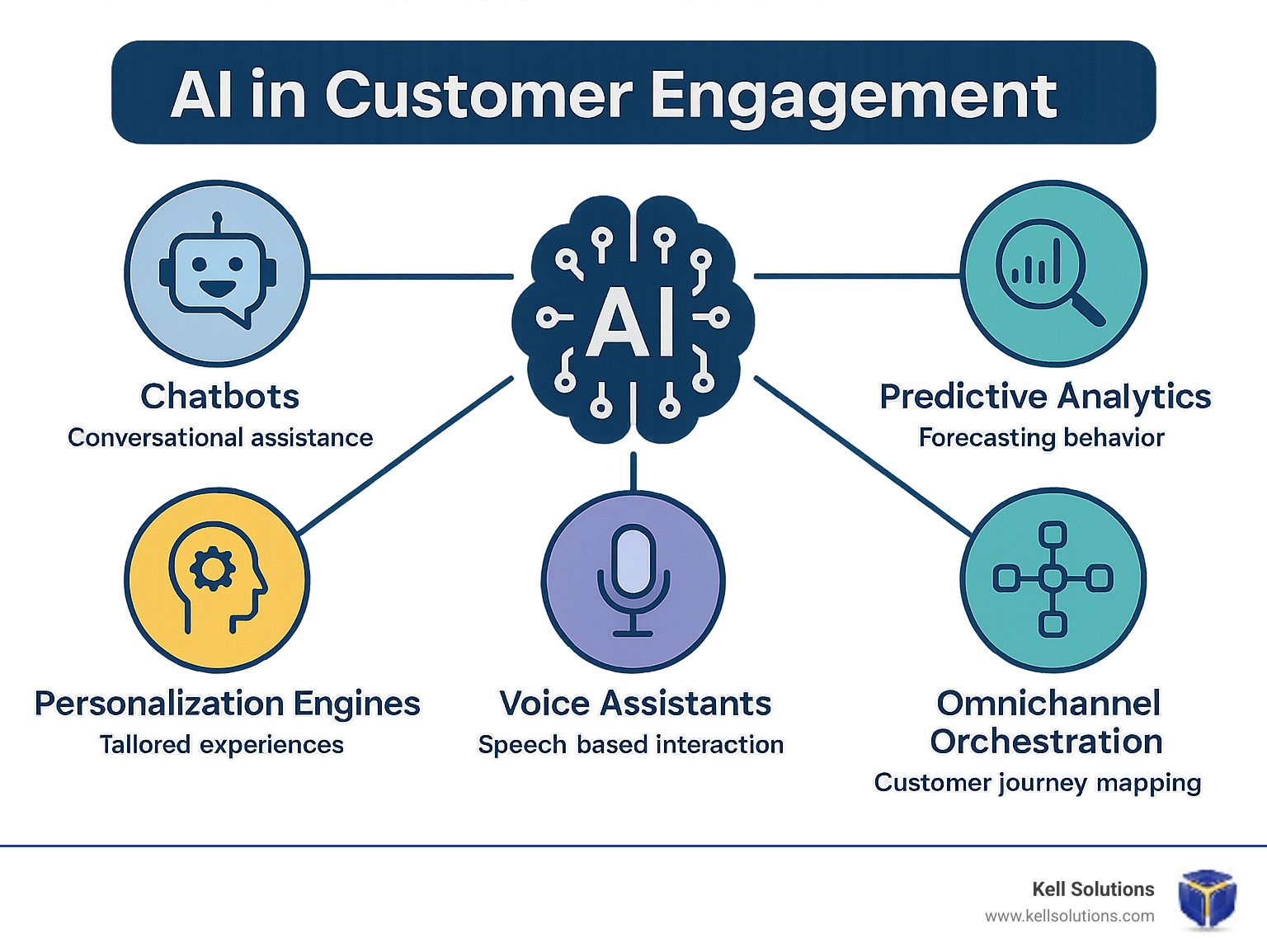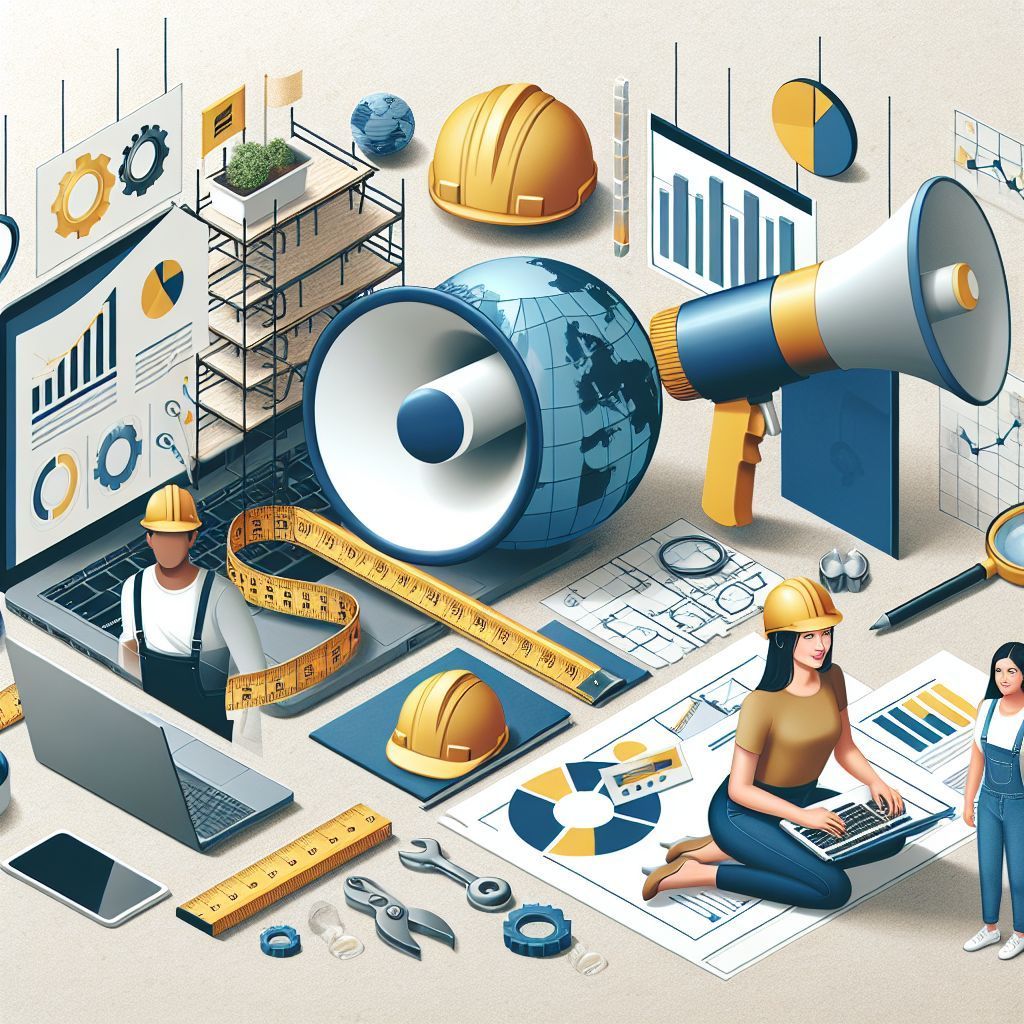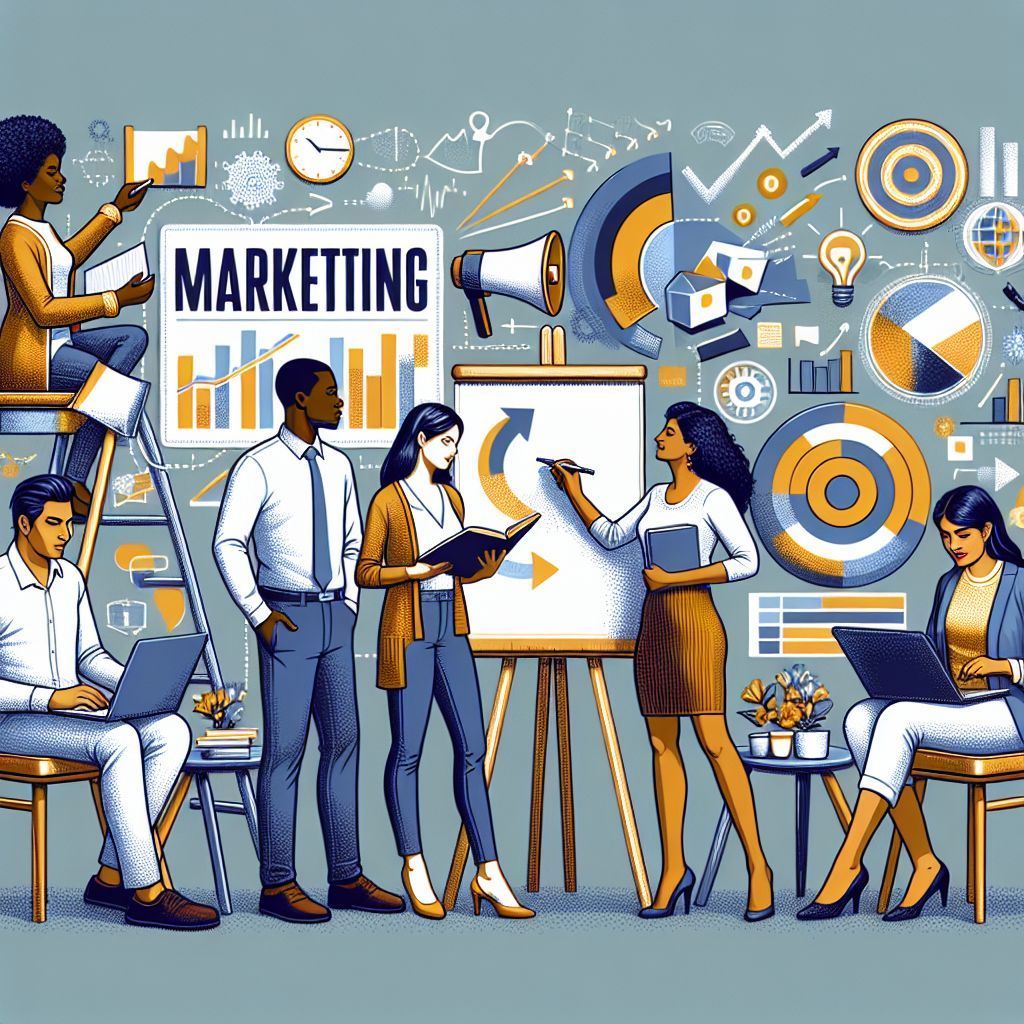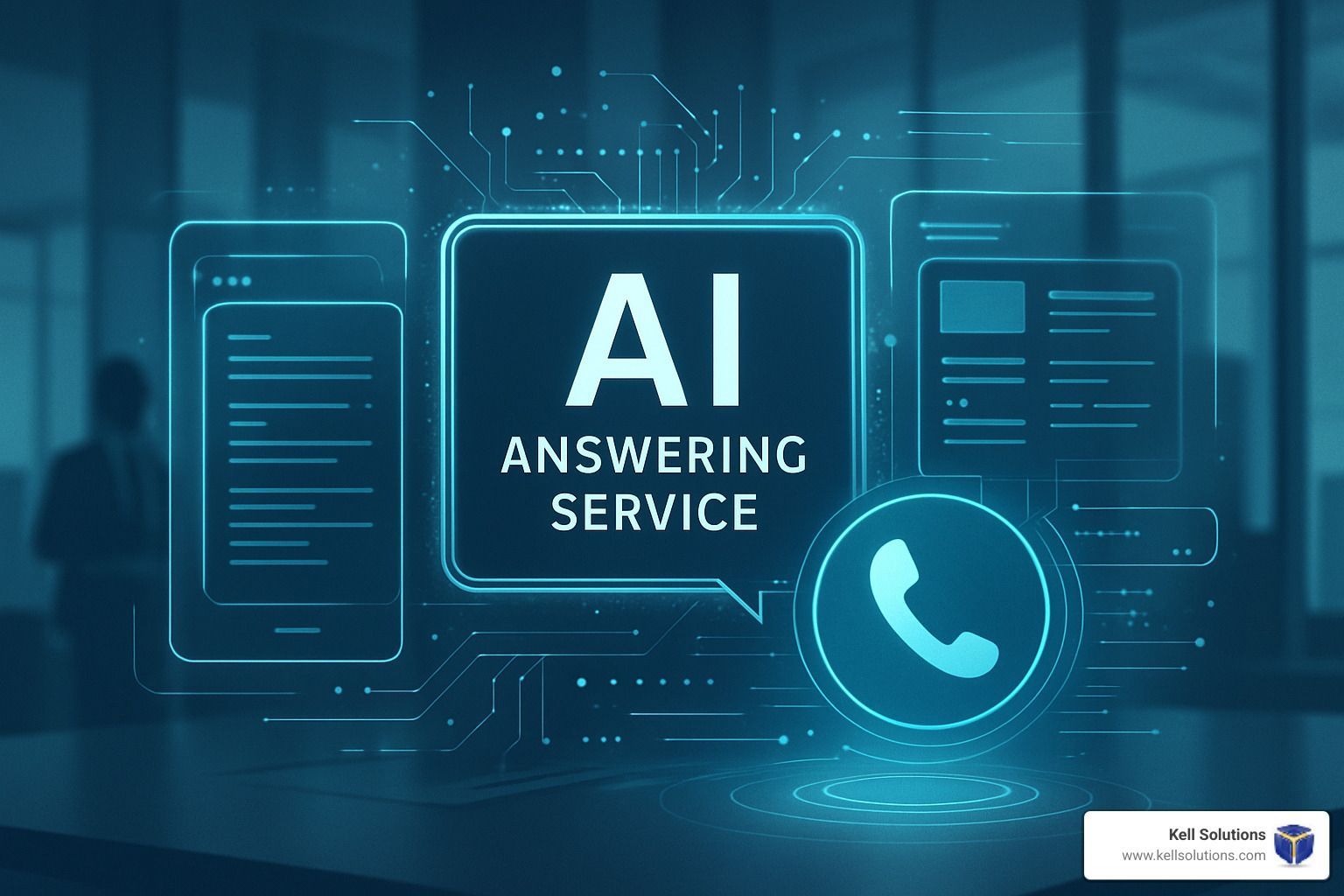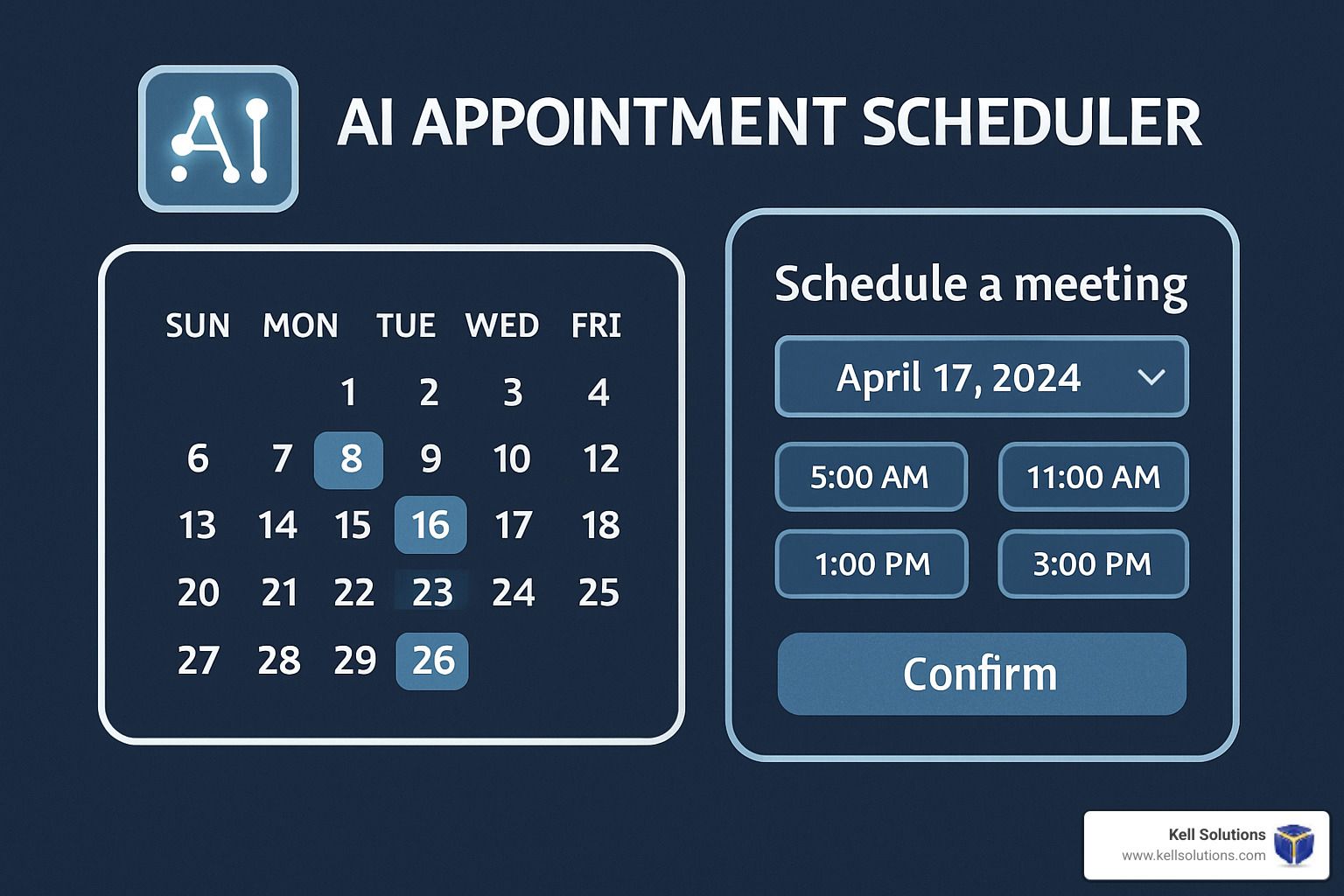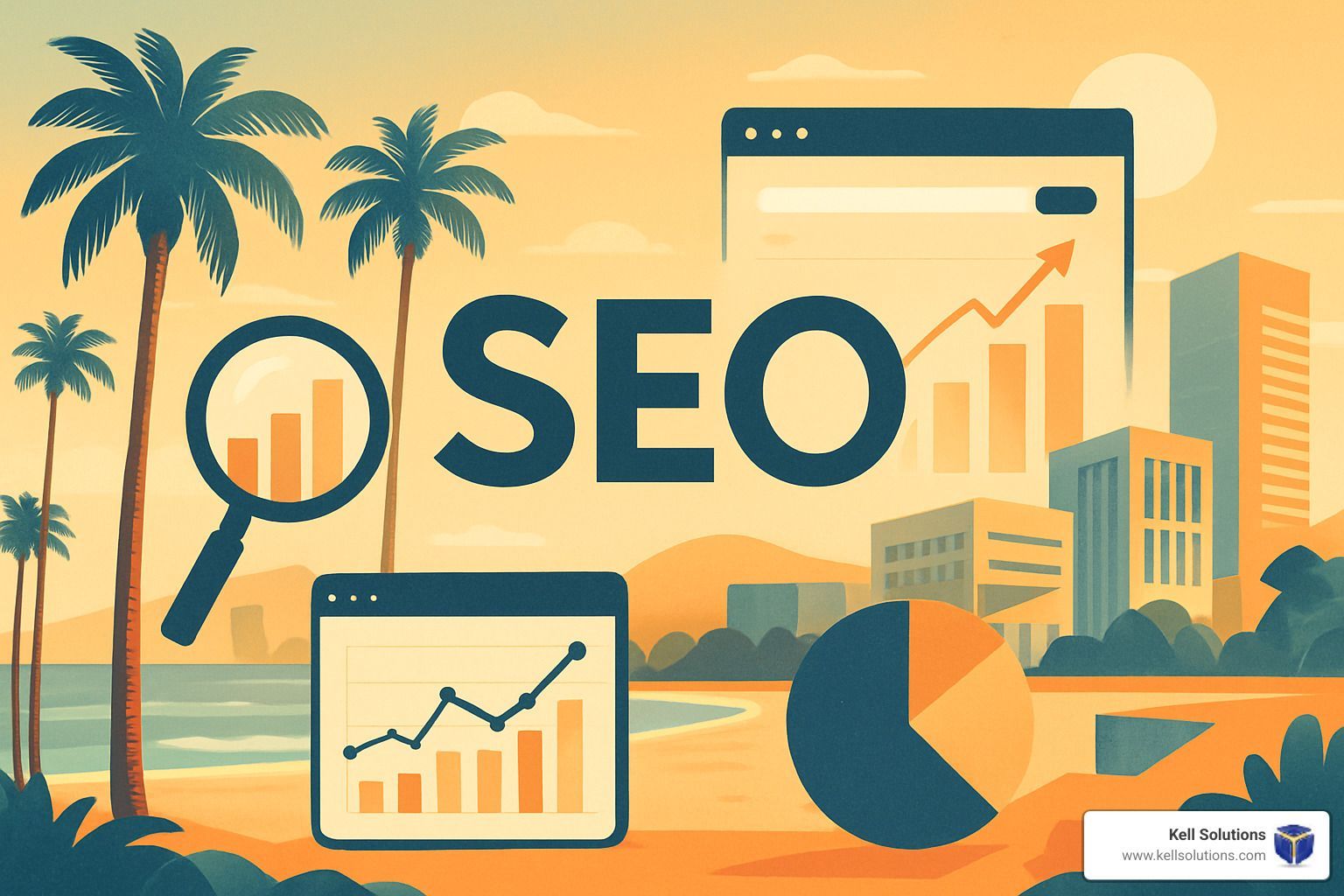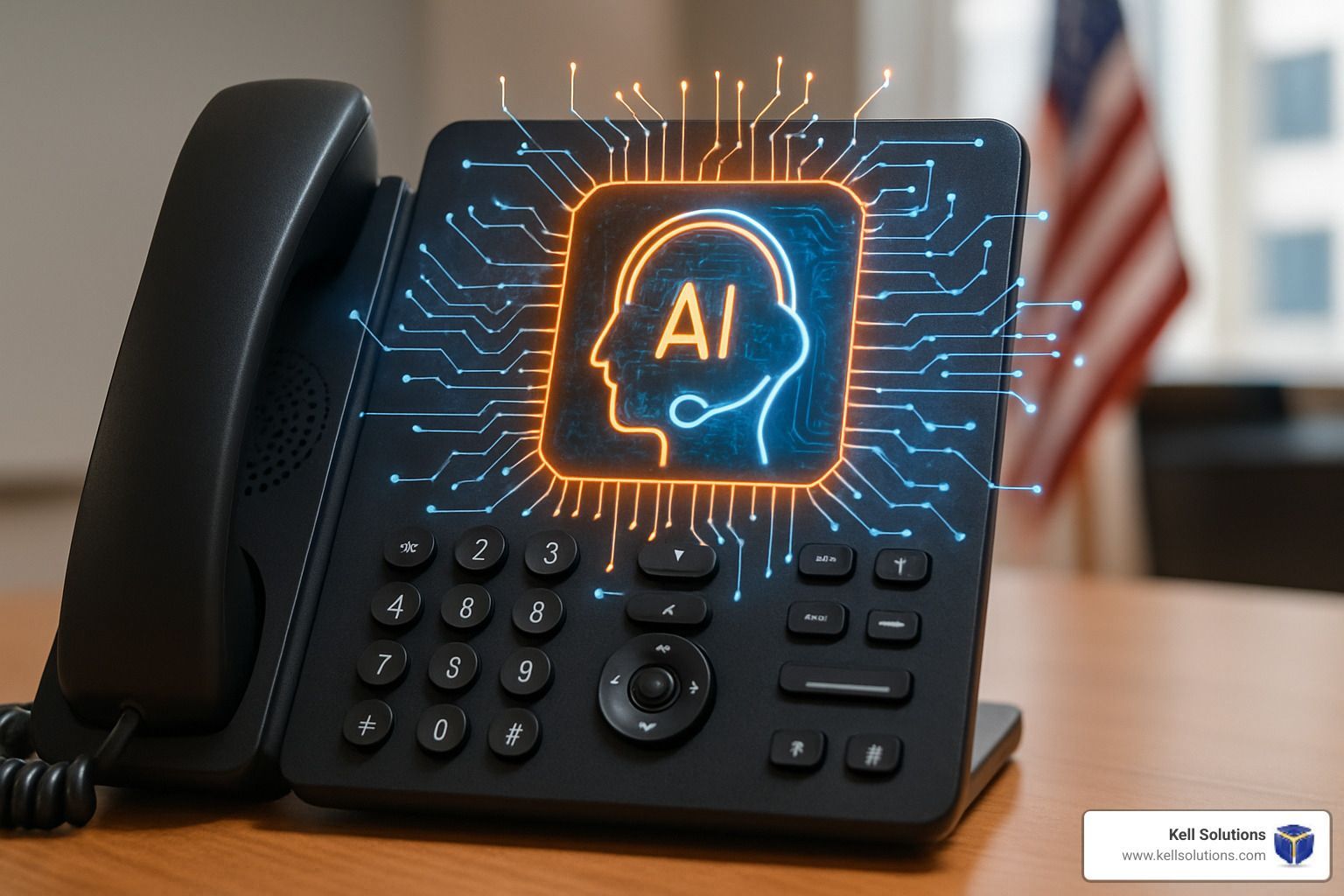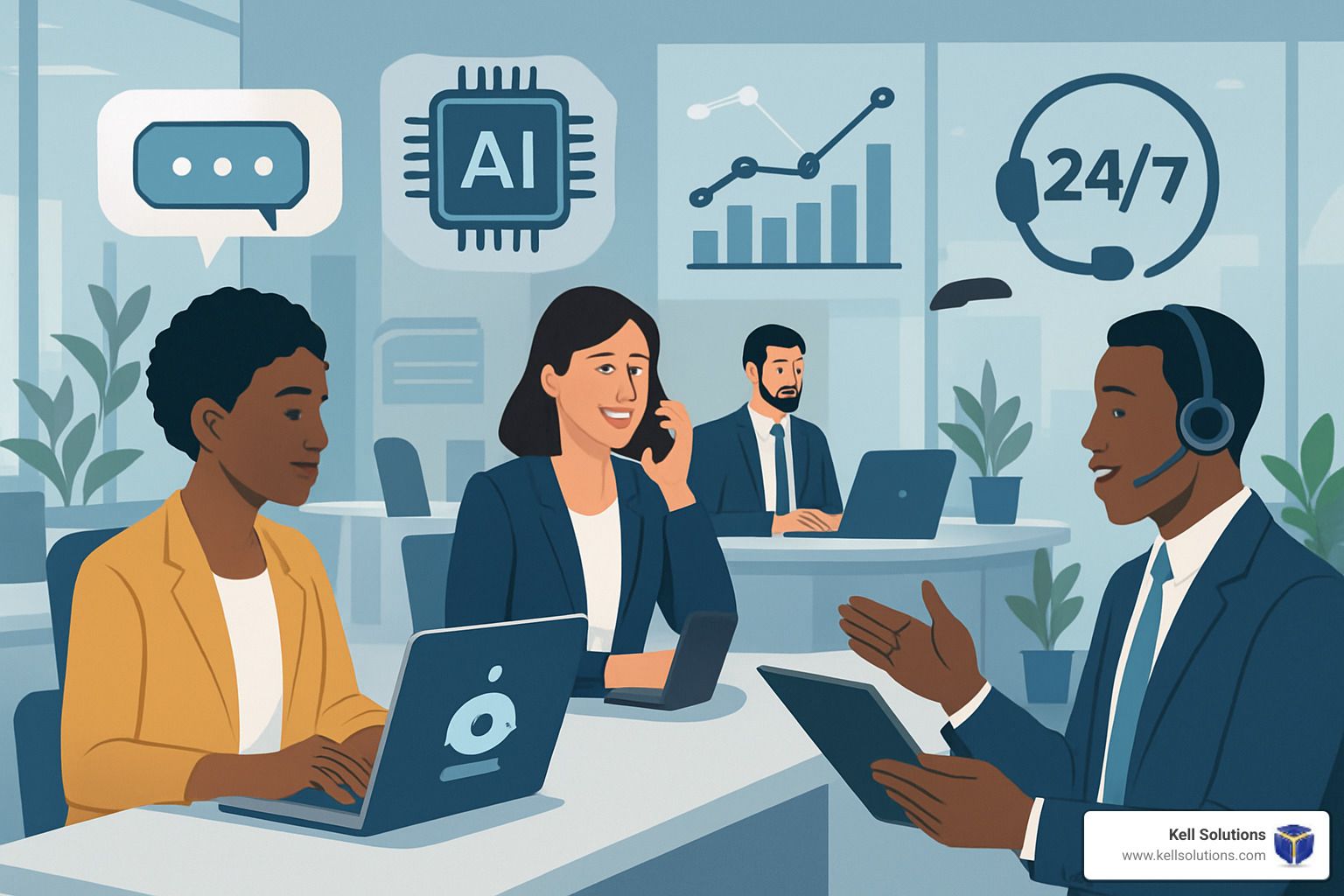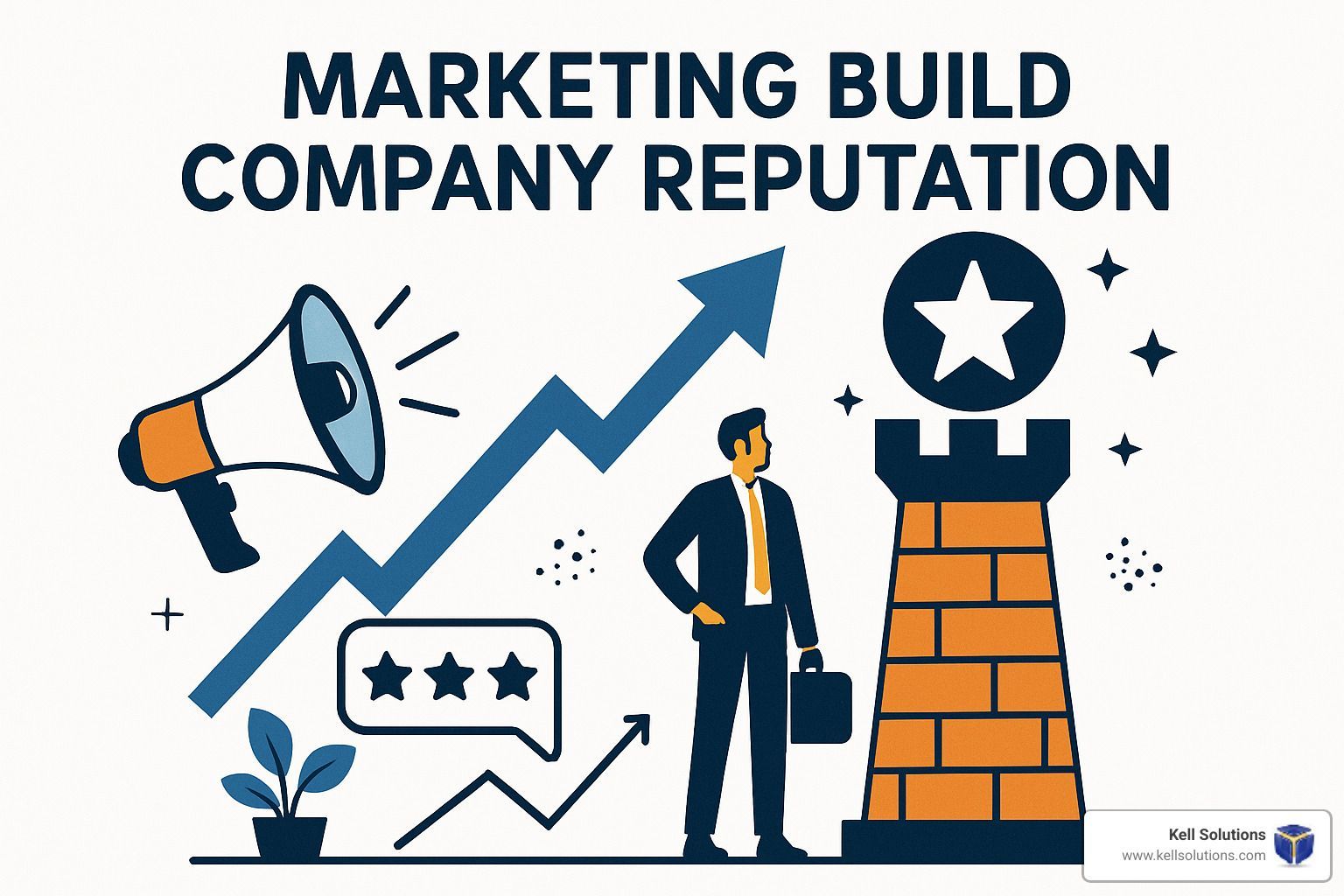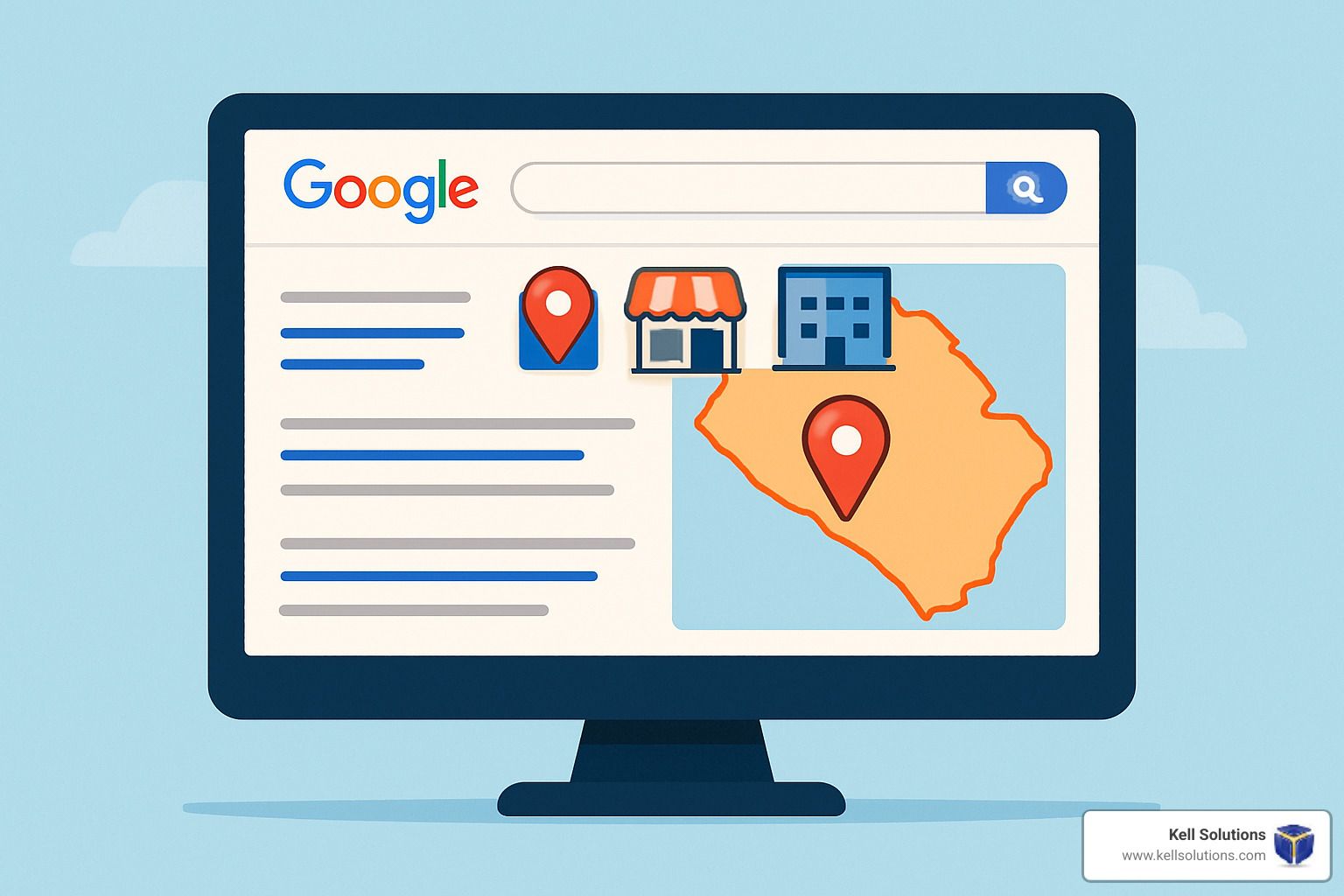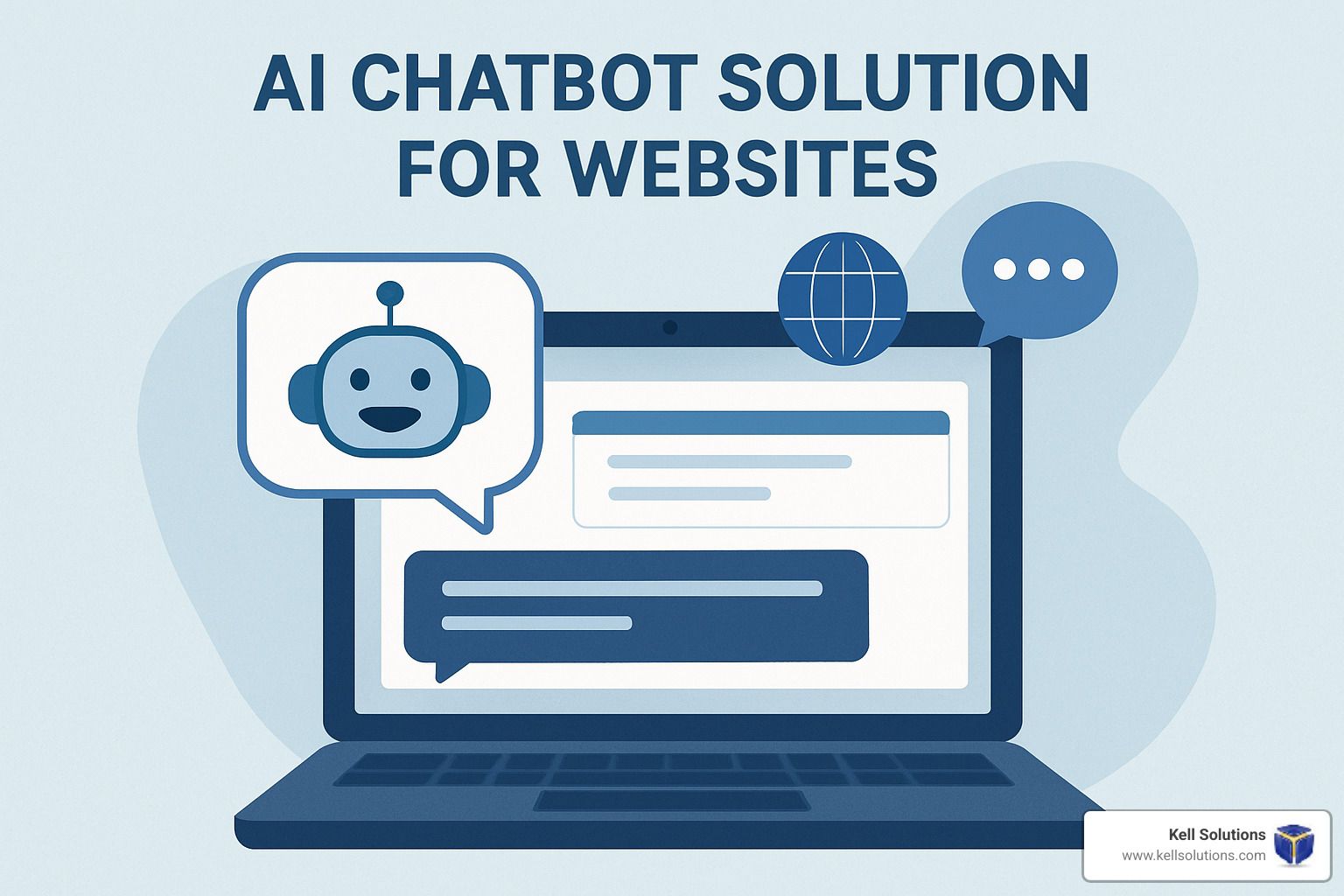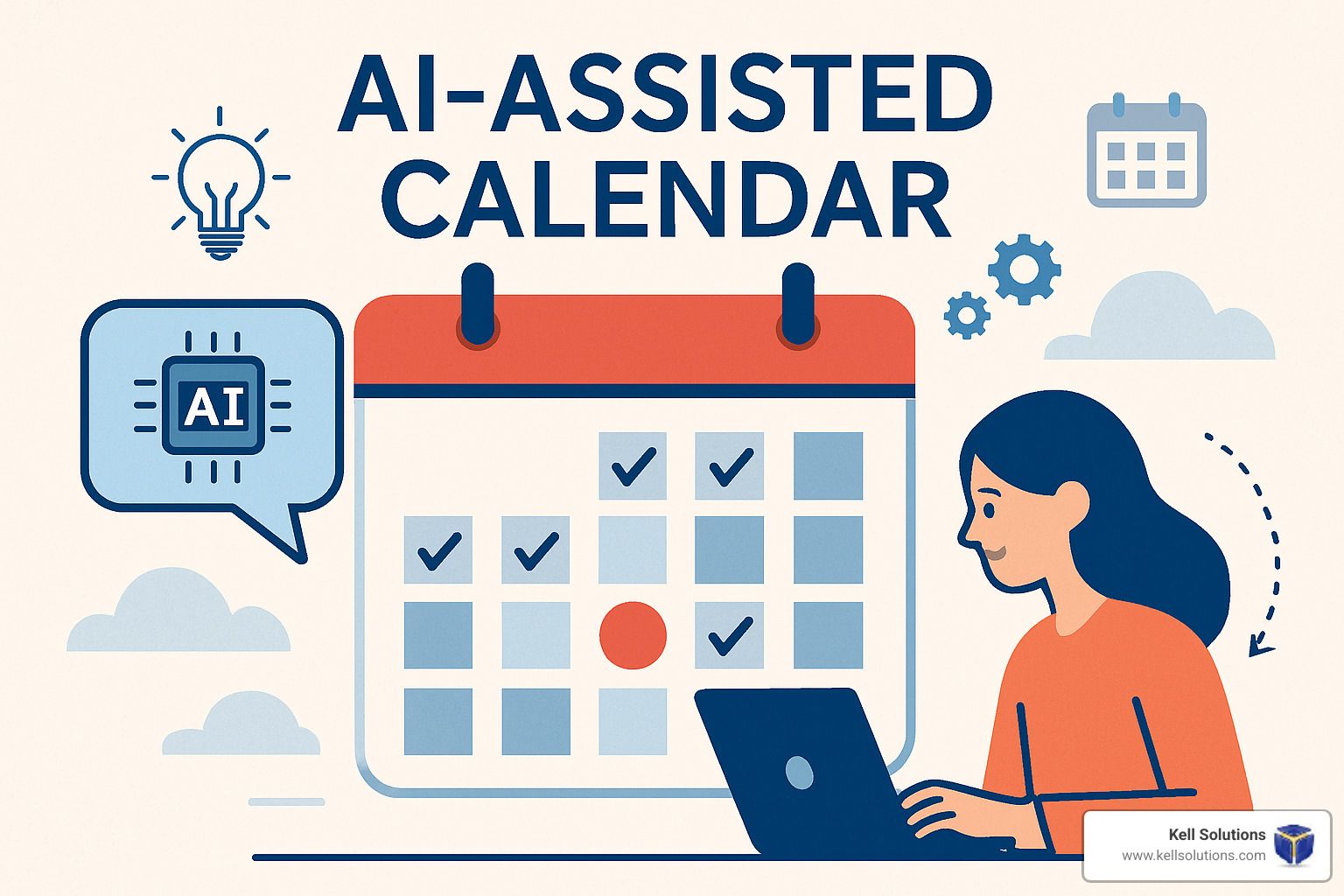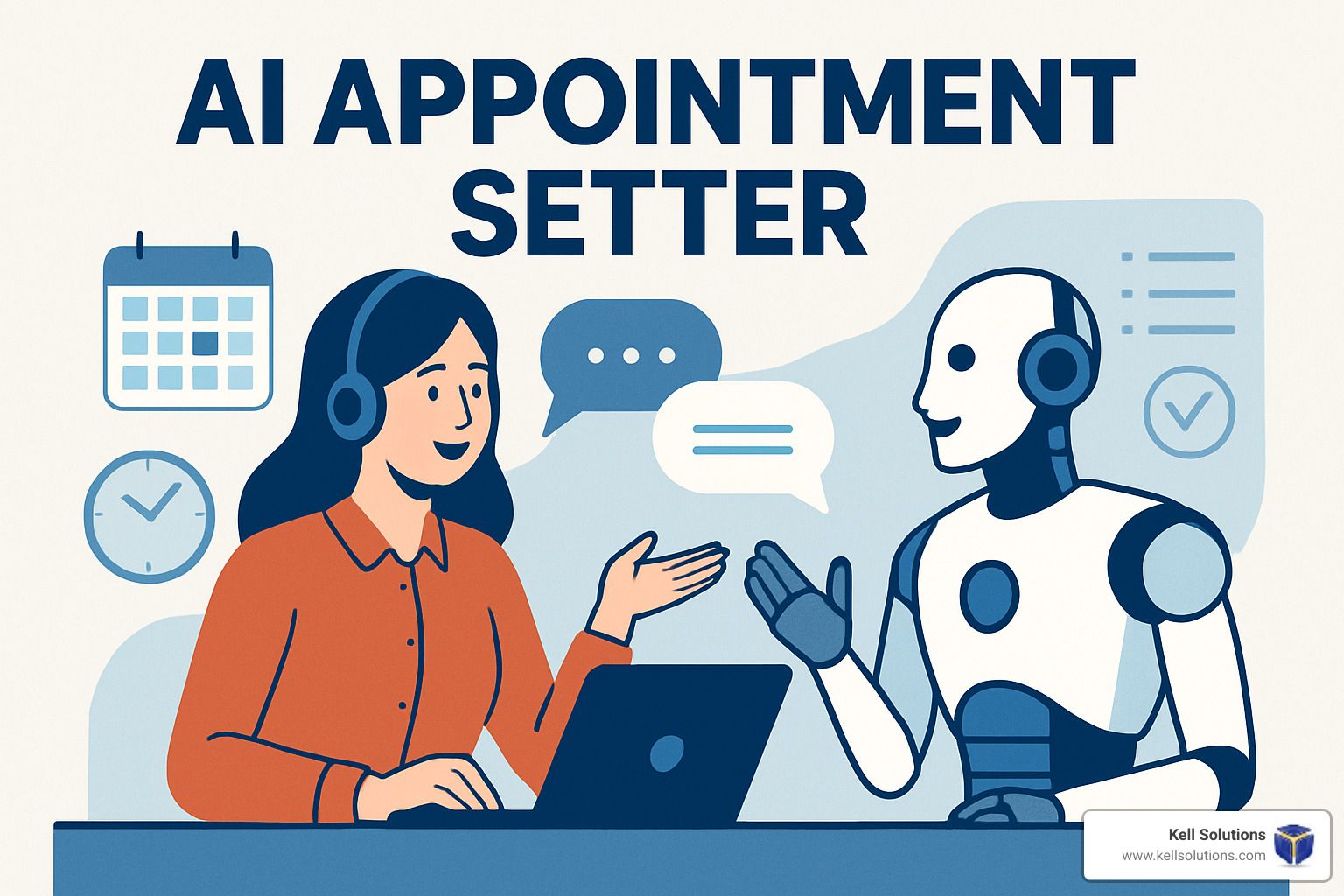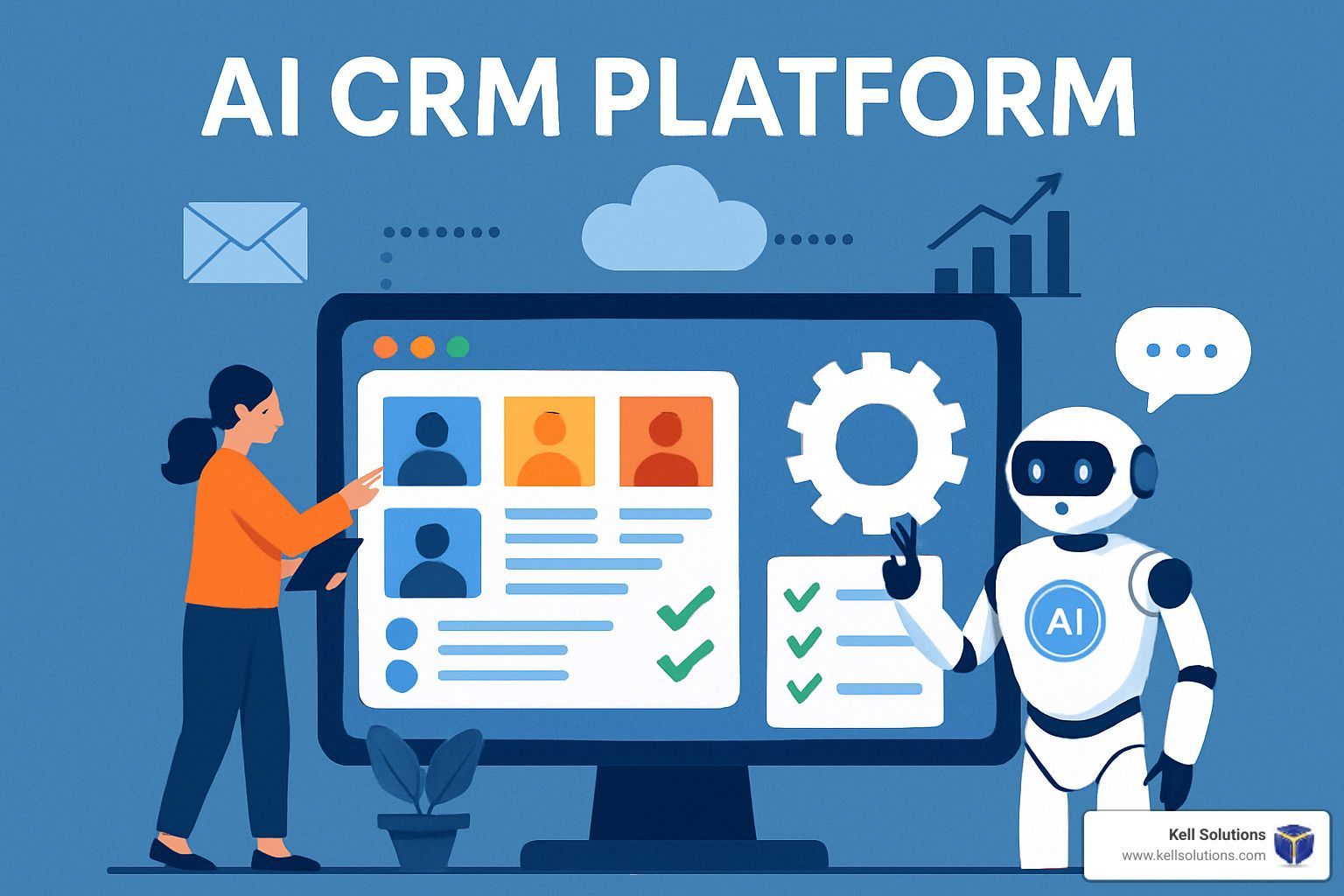AI Agents for Business—Because Humans Need Coffee Breaks
The Digital Workforce Revolution

An AI agent for business is an autonomous AI system designed to observe, plan, and act on business tasks with minimal human intervention. Unlike basic chatbots that respond to simple queries, AI agents can make decisions, execute multi-step workflows, and continuously learn from interactions.
What is an AI agent for business?
- Definition: Autonomous AI systems that perceive business environments, make decisions, and take actions to achieve specific goals
- Key differences from chatbots: Can initiate actions, not just respond; retains memory across interactions; executes complex workflows
- Core capabilities: Data collection, reasoning, decision-making, task execution, and continuous learning
- Business impact: Automates routine tasks, provides 24/7 service, reduces costs, and enables humans to focus on higher-value work
Over 58% of small and medium businesses already use AI to streamline operations and deliver more personalized customer experiences. In areas like software development, customer service, and data analysis, AI agents are delivering productivity and speed-to-market boosts of 50% or more.
AI agents function on a sliding scale of autonomy - from simple rule-based assistants to fully autonomous systems that can observe their environment, make complex decisions, and execute multi-step processes without human intervention.
The real power comes when businesses deploy specialized AI agents that work together as a coordinated team - what experts call multi-agent systems. These digital workforces can handle everything from customer interactions to back-office operations, all while humans focus on strategy and creativity.
I'm Gregg Kell, founder of Kell Web Solutions, and I've helped numerous businesses implement AI agent for business solutions that transform customer engagement and operational efficiency, particularly through our VoiceGenie AI platform that handles missed calls and converts leads 24/7.

AI Agent for Business 101: Definitions, Benefits & Myths
Curious about the buzz around AI agents? Let's clear up some confusion and explore how these digital teammates are changing businesses in ways chatbots never could.
How an AI agent for business differs from chatbots
Remember those early chatbots that would leave you frustrated, repeating the same question because they couldn't understand you? An AI agent for business is worlds apart from these simple tools.
Think of traditional chatbots as digital receptionists with a script. They can answer basic questions but get stumped when conversations veer off their programming. They're reactive – waiting for you to start the conversation and limited to predetermined responses.
In contrast, an AI agent for business works on a sophisticated observe-plan-act cycle that mirrors human thinking:
First, it gathers information from multiple sources – conversations, your business data, and external systems. Then, it analyzes this information to determine the best course of action. Finally, it takes initiative to complete tasks, often working across different platforms without needing constant supervision.
As one small business owner told me after implementing VoiceGenie AI: "It's like hiring a talented assistant who not only answers calls but actually thinks about what needs to happen next to move the ball forward."
This fundamental difference means AI agents can start processes on their own, make complex decisions, and handle multi-step workflows that would overwhelm basic chatbots.
Key benefits of an AI agent for business
The advantages of bringing AI agents for business into your team go far beyond simple automation:
Never miss an opportunity with 24/7 availability. Your AI agent doesn't need sleep, vacation time, or coffee breaks. For businesses serving clients across time zones, this means capturing leads and solving problems at 3 AM when your competitors are sending calls to voicemail.
Handle growth without growing pains through incredible scalability. One retail business saw their customer support capacity quadruple during holiday rush without adding staff – their AI agent handled hundreds of simultaneous conversations without breaking a sweat.
Deliver remarkably consistent experiences that humans simply can't match. While even your best employees have off days, AI agents provide the same quality service whether it's their first interaction of the day or their thousandth.
Watch operational costs shrink over time. The initial investment in an AI agent for business typically pays for itself quickly, with businesses reporting up to 70% reduction in costs for routine tasks.
Gain insights you never knew you needed as your AI agent tracks patterns and outcomes across thousands of interactions, spotting trends that humans might miss.
Free your team to do their best work by handling repetitive tasks. As one professional service firm told us: "Our specialists are finally doing the specialized work we hired them for, not just answering the same questions all day."
The numbers back up these benefits. Industry research shows 85% of small business sales teams using AI report better time management and more accurate forecasting, while 87% leverage AI to deliver personalized customer experiences that build loyalty.
Ready to learn more about how these intelligent systems work? Check out our detailed guide on What is an AI Agent? to dive deeper into the technology powering this business revolution.
Under the Hood: Observe–Plan–Act & Multi-Agent Orchestration
Ever wondered what makes an AI agent for business so much smarter than the chatbots of yesterday? Let's peek behind the curtain at the fascinating technology that powers these digital team members – without getting lost in technical jargon.
Think of modern AI agents as having their own "digital brains" – what experts call cognitive architectures. These sophisticated systems are what allow your AI agents to think, learn, and act almost like human employees.
Cognitive architecture components
Your AI agent for business comes equipped with four essential "brain parts" that work together seamlessly:
The Memory Module works like a digital notebook, remembering previous conversations and interactions. Unlike basic chatbots that forget who you are between chats, an AI agent recalls your preferences and history, making each interaction feel connected and personal.
The Profile Module is like the agent's personality blueprint. Here's where you can customize your agent to match your brand voice – whether that's friendly and casual or professional and formal. One client told us, "It's amazing how our AI agent sounds exactly like our best customer service rep!"
The Planning Module is the real game-changer. This is where advanced reasoning happens through frameworks like Chain of Thought (CoT), which breaks complex problems into logical steps – similar to how your best employees think through challenges. When faced with a tricky customer request, the planning module can explore multiple solutions before choosing the best path forward.
Finally, the Action Module puts decisions into motion by connecting with your business systems. This is how your agent can actually schedule appointments, update your CRM, or process orders – not just talk about doing it.
What makes this architecture truly powerful is how these components form a continuous learning loop. Your agent gets smarter with every interaction, much like a human employee gaining experience.
| Feature | Traditional RPA | AI Agent for Business |
|---|---|---|
| Decision Making | Rule-based, if-then logic | Reasoning-based, can handle ambiguity |
| Adaptability | Breaks when processes change | Adjusts to variations and exceptions |
| Learning | Requires manual reprogramming | Improves from experience |
| Integration | Typically screen-based | API-based with deeper system access |
| Human Interaction | Limited natural language | Conversational and contextual |
| Autonomy | Follows fixed workflows | Can initiate and modify workflows |
Multi-agent systems: collaborating for complex workflows
The most exciting implementations don't stop at just one AI agent – they create entire teams of specialized agents working together, just like departments in your company.
Imagine having a digital workforce where each member has their own specialty:
Your front-office agents handle customer conversations across all channels, whether someone calls, emails, or chats. They're your digital receptionists and first-line support team.
Behind them, research agents dig through your knowledge bases, product catalogs, or even the internet to find answers to complex questions – like having dedicated research assistants.
Process agents handle the nitty-gritty work of updating systems, processing orders, or scheduling appointments. They're your digital operations team.
Overseeing it all, orchestration agents coordinate everyone's efforts, making sure the right information flows to the right place at the right time.
This team approach allows for both specialization and seamless collaboration. A small accounting firm we work with uses this model to handle client tax questions – the front-office agent gathers initial information, passes it to a research agent to find relevant tax codes, then an orchestration agent ensures the client gets a complete, accurate answer.
The human touch remains essential in this system. Your team members become supervisors who set goals, provide oversight, and handle exceptions that require human judgment. It's not about replacing people – it's about freeing them from repetitive tasks so they can focus on what humans do best: building relationships and solving complex problems creatively.
This collaborative human-AI approach truly gives you the best of both worlds: AI efficiency paired with human wisdom and empathy.
📚 About the Author Gregg Kell is a seasoned digital marketing strategist and founder of Kell Web Solutions, Inc., helping professional service firms grow through innovative AI-powered solutions like VoiceGenie AI. With over 20 years of experience in web development, lead generation, and business automation, Gregg is passionate about helping small businesses maximize growth and profitability through cutting-edge technologies.
When he's not helping businesses boost their bottom line, Gregg enjoys life by the beach in Laguna Beach, California, with his wife Debbie, celebrating over 40 years of marriage and entrepreneurial trips.
👉 Explore More from Gregg:
From Sales to Supply Chain: High-Impact Use Cases
Now that we understand how AI agents for business work, let's explore the practical applications that are changing operations across industries and departments. These aren't just theoretical possibilities—they're real solutions delivering measurable results today.
Sales & Marketing AI agent for business
In the competitive world of sales and marketing, AI agents for business are creating game-changing advantages for forward-thinking companies:
Imagine never missing another sales call, even at midnight. AI voice agents can answer calls 24/7, gathering lead information and qualifying prospects based on your specific criteria. One of our real estate clients in Laguna Beach saw their lead capture rate jump by 35% after implementing VoiceGenie AI—those were potential customers who would have otherwise slipped through the cracks.
Beyond just capturing leads, these intelligent agents analyze customer data to craft personalized outreach that resonates with each prospect. They can automatically update your CRM, follow up with leads at just the right time, and provide your sales team with insights about which deals need attention.
What's particularly valuable is how AI agents continuously monitor your competitive landscape. While your team sleeps, these digital assistants track competitor activities, pricing changes, and market trends, giving you a strategic edge when you start your day.

The numbers tell the story: 71% of small and medium business marketing teams now use AI to transform data into action, while 90% employ AI to automate customer interactions. In competitive markets, this technology isn't just nice to have—it's becoming essential to stay relevant.
Operational AI agents: HR, IT & Finance
The back office is where many businesses find the highest return on their AI investment:
In HR departments, AI agents for business are handling the administrative heavy lifting—screening resumes, scheduling interviews, answering routine questions about benefits and policies. One company in San Clemente reduced their HR team's paperwork burden by 40%, freeing those talented professionals to focus on what really matters: developing people and culture.
IT support becomes truly 24/7 with AI agents troubleshooting common issues, resetting passwords, and provisioning software. Only the most complex problems get escalated to your technical specialists, resulting in faster resolution times and happier users.
Financial operations become more accurate and efficient when AI agents reconcile accounts, process invoices, and flag unusual transactions. A manufacturing client in Anaheim slashed their monthly financial close process from five days to just two by implementing AI automation—that's three extra days every month their finance team can spend on strategic planning instead of data entry.
Supply chain management reaches new levels of efficiency when AI agents monitor inventory, predict demand fluctuations, and optimize shipping routes. These digital assistants can spot potential disruptions before they impact your operations, allowing for proactive rather than reactive management.
These operational use cases often deliver impressive ROI because they target high-volume, repetitive tasks that previously consumed significant staff time and energy.
Industry spotlight: Healthcare, Retail & Legal
Different industries are finding unique applications for AI agents for business:
In healthcare, HIPAA-compliant AI voice agents handle appointment scheduling, insurance verification, and routine patient follow-ups with perfect accuracy and privacy. Medical practices in Newport Beach have reduced no-shows by 30% using this technology, improving both patient care and practice revenue.
Retail businesses are using AI agents to create seamless customer experiences across channels. One boutique chain in San Diego unified their in-store and online customer data through AI agents, resulting in a 22% increase in repeat purchases as customers enjoyed consistent, personalized service whether shopping online or in person.
Legal firms find particular value in delegating preliminary client intake, standard contract reviews, and document management to AI agents. This allows attorneys to focus their expertise and billable hours on complex legal analysis rather than administrative tasks.
In the hospitality industry, hotels and restaurants use AI agents to manage reservations, answer common questions about amenities or menus, and personalize guest experiences based on preferences and history.
The common thread across all these applications is that AI agents for business handle the routine, predictable aspects of business processes with remarkable efficiency. This frees your human employees to focus on what they do best: building relationships, solving complex problems, and thinking strategically about your business future.
Building & Scaling Your Own AI Agent Workforce
Ready to bring AI agents for business into your organization? The good news is that this technology has become remarkably accessible, even for smaller companies without massive IT departments. Let's walk through how to build your digital workforce step by step.
Step-by-step to launch an AI agent
Implementing your first AI agent doesn't require a computer science degree. Here's a practical roadmap that has worked for hundreds of our clients:
-
Identify the Right Process: Begin with something specific that's causing headaches for your team. The best candidates are those repetitive tasks that follow predictable patterns—answering common customer questions, scheduling appointments, updating records across systems, or processing standard forms. A dental office in San Diego started with just appointment reminders before expanding their AI capabilities.
-
Choose the Right Platform: Match the solution to your technical comfort level. If coding isn't your thing, no-code solutions like our VoiceGenie AI can be set up without technical expertise. For those wanting more customization, low-code platforms offer visual builders, while frameworks like LangChain or Vertex AI provide complete flexibility for developer teams.
-
Prepare Your Knowledge Base: Your AI agent is only as good as the information it can access. Take time to compile your FAQs, document your standard procedures, and connect relevant databases. Be clear about boundaries—what should your agent handle independently and when should it call in human backup?
-
Start Small and Learn: Begin with a limited pilot where the stakes are low. Have human team members review the AI's work, gather feedback from early users, and make adjustments before expanding. This "crawl-walk-run" approach builds confidence while minimizing risk.
I recently worked with a property management company in Oceanside who followed exactly this approach. They started with just handling maintenance requests—a perfect first use case because it was high-volume but followed consistent patterns. After seeing success, they gradually expanded to lease renewals, tenant screening, and eventually comprehensive property management support.
Integration tips & pitfalls
The difference between AI projects that thrive versus those that struggle often comes down to integration—both technical and human.
On the technical side, AI agents for business work best when they connect smoothly with your existing systems. Use API bridges rather than rebuilding from scratch, implement proper authentication controls, and create fallback mechanisms for when your agent encounters something unfamiliar. Setting up monitoring from day one helps you spot and address performance issues before they impact customers.
The human side of integration is equally important. A manufacturing company in Los Angeles learned this lesson the hard way when they rushed to implement an AI agent without proper employee training. The initial resistance was intense—until they reframed the conversation and involved team members in defining the agent's role. Once employees understood how the AI would handle routine tasks so they could focus on more interesting work, adoption accelerated dramatically.
Common pitfalls to avoid include expecting perfection immediately (remember, AI agents improve with feedback over time), neglecting change management, failing to establish clear boundaries for agent autonomy, and overlooking data security requirements.
Scaling with confidence & governance
Once your initial AI implementation proves successful, you can expand across your organization. The key is doing so with proper governance:
Multi-LLM Strategy: Different AI models have different strengths. Consider using specialized models for various functions rather than a one-size-fits-all approach.
Centralized Oversight: Establish a small governance committee to review agent performance and ensure alignment with company values.
Consistent Guardrails: Define clear boundaries for all AI agents regarding what actions they can take independently versus when they need human approval.
Comprehensive Monitoring: Implement dashboards to track your agents' activities, outcomes, and exception rates so you can continuously improve.

A financial services firm in Newport Beach followed this governance approach when scaling from one customer service AI agent to a fleet of 12 specialized agents. Today, they handle everything from account inquiries to transaction monitoring under a unified framework that ensures consistency and compliance.
The beauty of modern AI agents for business is that you don't have to build everything from scratch. Platforms like ours provide pre-built capabilities that can be customized to your specific needs, dramatically reducing implementation time and technical complexity.
AI Integration in Business Processes
Measuring ROI, Security & Best Practices
When you invest in an AI agent for business, you want to know it's delivering real value. Let's explore how to measure that return on investment, keep your data secure, and follow best practices that set you up for success.
Calculating the business value of AI agents
The beauty of AI agents is that they deliver value in multiple ways – some obvious, some less so. Smart businesses track all these benefits:
Time savings is often the most visible benefit. One service business in Irvine finded they were spending over 15 hours weekly on routine customer queries. After implementing an AI agent, that dropped to just 2 hours – an 87% reduction that freed their team for higher-value work.
Extended service hours create value without adding overhead costs. As one client put it, "Our AI agent is answering calls at midnight while we're sleeping, turning what would be missed opportunities into actual business."
Increased conversion rates often surprise businesses the most. When a prospect reaches out and gets an immediate response (rather than waiting hours for a callback), they're significantly more likely to convert. One of our clients used our Missed Call ROI Calculator and finded they were losing over $10,000 monthly from unanswered calls alone – revenue they now capture with VoiceGenie AI.
Error reduction and scalability benefits round out the ROI picture. AI agents don't make mistakes due to fatigue, and they can handle sudden volume spikes without breaking a sweat.
| Metric | Before AI Agent | After AI Agent | Improvement |
|---|---|---|---|
| Response Time | 4.2 hours | 3 minutes | 98% faster |
| After-Hours Inquiries Handled | 0% | 100% | Complete coverage |
| Lead Capture Rate | 65% | 92% | 27% increase |
| Staff Time on Routine Queries | 15 hours/week | 2 hours/week | 87% reduction |
| Customer Satisfaction | 72% | 89% | 17% improvement |
The most compelling aspect of this data isn't just the operational efficiency – it's how these improvements translate directly into better customer experiences and stronger business relationships.
Securing data & ensuring compliance
Security isn't optional when it comes to AI agents for business – it's essential. Here's how to get it right:
Data encryption should be your baseline standard, both for information in transit and at rest. This creates a fundamental layer of protection for sensitive business and customer data.
Access controls matter too. Your AI implementation should offer role-based permissions that limit who can configure agents and access the data they collect. Think of it as a "need to know" principle for your digital workforce.
For businesses in regulated industries, compliance frameworks are non-negotiable. Many of our clients in healthcare across Los Angeles and Orange County have successfully implemented AI agents while maintaining strict HIPAA compliance. Similarly, financial services firms in Newport Beach and Laguna Beach use AI agents that meet their regulatory requirements.
Data minimization is a smart approach – configure your AI agents to access only the specific information they need to complete their tasks, nothing more. This reduces both security risks and compliance concerns.
Maintain comprehensive audit trails of all agent actions. If questions ever arise about what happened in a particular interaction, you'll have the records to provide answers.
Finally, establish clear protocols for human oversight, especially for sensitive decisions. The best AI implementations maintain the right balance between automation and human judgment.
If data retention concerns you, look for solutions offering "zero retention" policies, where conversation data isn't stored beyond the immediate interaction unless specifically authorized.
Future trends every business should watch
The AI agent for business landscape is evolving rapidly, with several exciting developments on the horizon:
Multimodal agents represent the next big leap forward. While today's agents primarily work with text, tomorrow's will seamlessly process and generate images, audio, and video. A forward-thinking retail client in Santa Monica is already testing agents that analyze product photos sent by customers and provide personalized style recommendations – a glimpse of what's coming for all businesses.
Voice-first experiences will become increasingly dominant as voice AI becomes more natural and nuanced. The days of clunky, robotic-sounding interactions are disappearing fast, replaced by conversations that feel genuinely human.
Agent operating systems will emerge as the standard for enterprise AI deployment. Rather than managing individual agents, businesses will deploy platforms that orchestrate entire teams of specialized AI assistants working in harmony.
Personalization at scale will reach new heights as AI agents develop more sophisticated understanding of individual customers and their preferences. The ability to deliver truly customized experiences without increasing staffing costs will transform customer relationships.
Perhaps most importantly, the focus will shift toward augmented intelligence – using AI not to replace humans but to improve their capabilities. The most successful businesses will be those that find the right balance between automation and human connection.
Scientific research on AI decisioning
Frequently Asked Questions about AI Agent for Business
What's the difference between an AI agent and an AI copilot?
When exploring AI solutions, this is often the first question businesses ask. The distinction is important for understanding what technology best fits your needs.
An AI agent for business functions with true autonomy, completing entire workflows without constant human oversight. Think of it as a digital employee who can observe situations, make decisions, and take appropriate actions within boundaries you've defined. Our VoiceGenie AI, for example, can answer calls, qualify leads, and schedule appointments entirely on its own.
In contrast, an AI copilot remains firmly in the passenger seat. It suggests, assists, and improves human work rather than replacing it. A copilot might draft an email for you to review or analyze data to help you make decisions, but it won't execute those decisions independently.
One client described it perfectly: "My AI agent handles customer inquiries while I'm sleeping, but my AI copilot helps me respond better when I'm at my desk."
How long does it take to deploy an AI agent for business?
Implementation timelines vary based on complexity and scope, but they're typically faster than most businesses expect.
For straightforward use cases using pre-built solutions like our VoiceGenie AI for call handling, you can be up and running in just a few days. The system quickly learns your business specifics and begins delivering value almost immediately.
More customized solutions that connect with your CRM, scheduling systems, or other business tools typically require 2-4 weeks from kickoff to full deployment. This includes integration time, testing, and fine-tuning.
Enterprise-scale deployments with multiple specialized agents working across departments may extend to 2-3 months, particularly if they involve complex workflows or legacy systems.
The key to success? Start small, focus on a specific pain point, and expand from there. Most of our clients see positive ROI within the first week, which builds confidence for broader implementation.
How do I know if my data is ready for an AI agent?
Data readiness doesn't have to be perfect, but addressing these fundamentals will smooth your implementation:
Is your information digitized, or still living in paper files and sticky notes? AI needs digital access to be effective.
Does your data follow consistent structures across systems? Varying formats can confuse even the smartest AI.
Can your business systems be accessed via APIs or integration points? This allows AI agents to work within your existing tech ecosystem.
Do you have documented processes that outline how tasks should be handled? Clear guidelines help train your AI to follow your preferred workflows.
Can you provide examples of ideal outcomes for the tasks you want to automate? Sample responses or decisions serve as valuable training material.
Even if you answered "no" to some of these questions, don't worry. Many businesses start with simpler AI applications while improving their data infrastructure. We've helped clients in various stages of data readiness find the right entry point for AI implementation.
Perfect data isn't required to start seeing benefits from an AI agent for business. The important thing is understanding where you stand so you can set realistic expectations and create an implementation plan that works for your current situation.
📚 About the Author
Gregg Kell is a seasoned digital marketing strategist and founder of Kell Web Solutions, Inc., helping professional service firms grow through innovative AI-powered solutions like VoiceGenie AI. With over 20 years of experience in web development, lead generation, and business automation, Gregg is passionate about helping small businesses maximize growth and profitability through cutting-edge technologies.
When he's not helping businesses boost their bottom line, Gregg enjoys life by the beach in Laguna Beach, California, with his wife Debbie, celebrating over 40 years of marriage and entrepreneurial trips.
👉 Explore More from Gregg:
Conclusion & Next Steps
The emergence of AI agents for business marks a transformative shift in our work landscape. These autonomous digital workers aren't simply automating mundane tasks—they're revolutionizing entire business processes, freeing your human team to focus on what humans do best: creative thinking, building meaningful relationships, and developing strategic initiatives.
As we've explored throughout this guide, the advantages of implementing AI agents are compelling:
Your business gains true 24/7 availability, ensuring no opportunity slips through the cracks during off-hours. Your customers experience consistent, high-quality interactions regardless of when they reach out. Your bottom line benefits from significant operational cost savings. Your team members report greater job satisfaction when freed from repetitive tasks. And perhaps most importantly, your business can scale operations without the proportional increase in staffing costs.
At Kell Solutions, we've had the privilege of witnessing businesses throughout Southern California transform their operations through thoughtful AI implementation. From boutique shops in Laguna Beach to professional service firms in San Diego, companies of all sizes are finding competitive advantages through this technology.
What's particularly exciting is that sophisticated AI agents for business are no longer exclusive to enterprise giants with massive IT budgets. Solutions like our VoiceGenie AI make this technology accessible to small and medium businesses without requiring extensive technical expertise or infrastructure investments.
The question facing business leaders today isn't whether to adopt AI agents, but how to implement them strategically for maximum impact. Tomorrow's most successful organizations will be those that thoughtfully blend human and artificial intelligence, creating hybrid workforces that leverage the unique strengths of both.
Are you ready to explore how AI agents for business could transform your operations? Start with a free demo of VoiceGenie AI and witness how an AI agent can handle your calls, capture leads, and schedule appointments—all while your human team enjoys well-deserved strategic thinking time (and yes, maybe the occasional coffee break).
After all, the most innovative business decisions happen when your team has the mental space to think creatively. Let AI handle the routine, so your people can focus on the remarkable.

📚 About the Author
Gregg Kell is a seasoned digital marketing strategist and founder of Kell Web Solutions, Inc., helping professional service firms grow through innovative AI-powered solutions like VoiceGenie AI. With over 20 years of experience in web development, lead generation, and business automation, Gregg is passionate about helping small businesses maximize growth and profitability through cutting-edge technologies.
When he's not helping businesses boost their bottom line, Gregg enjoys life by the beach in Laguna Beach, California, with his wife Debbie, celebrating over 40 years of marriage and entrepreneurial trips.
👉 Explore More from Gregg:
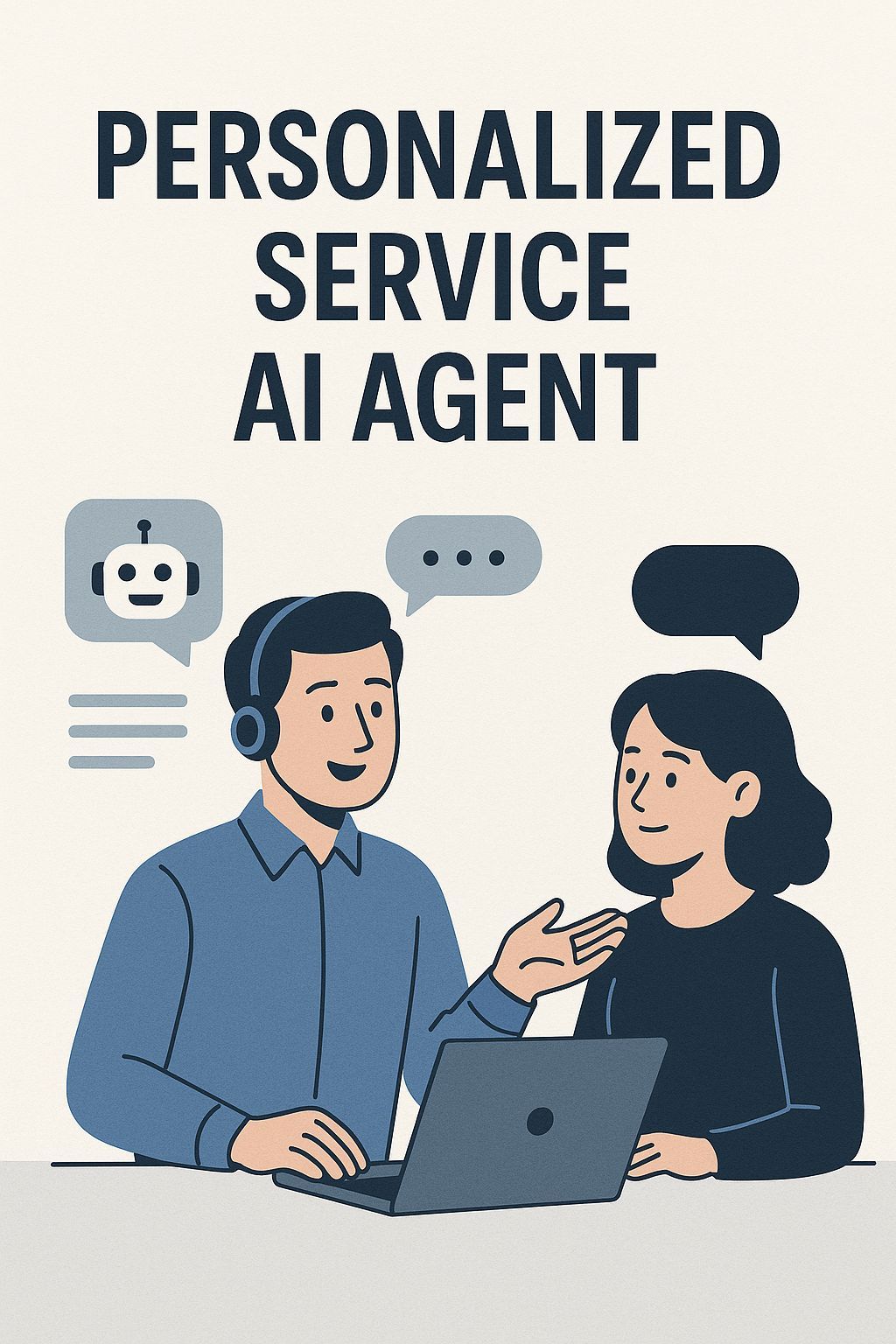

Orange County HVAC Google AI Overview Domination: 7 Proven Strategies to Capture Featured AI Results




